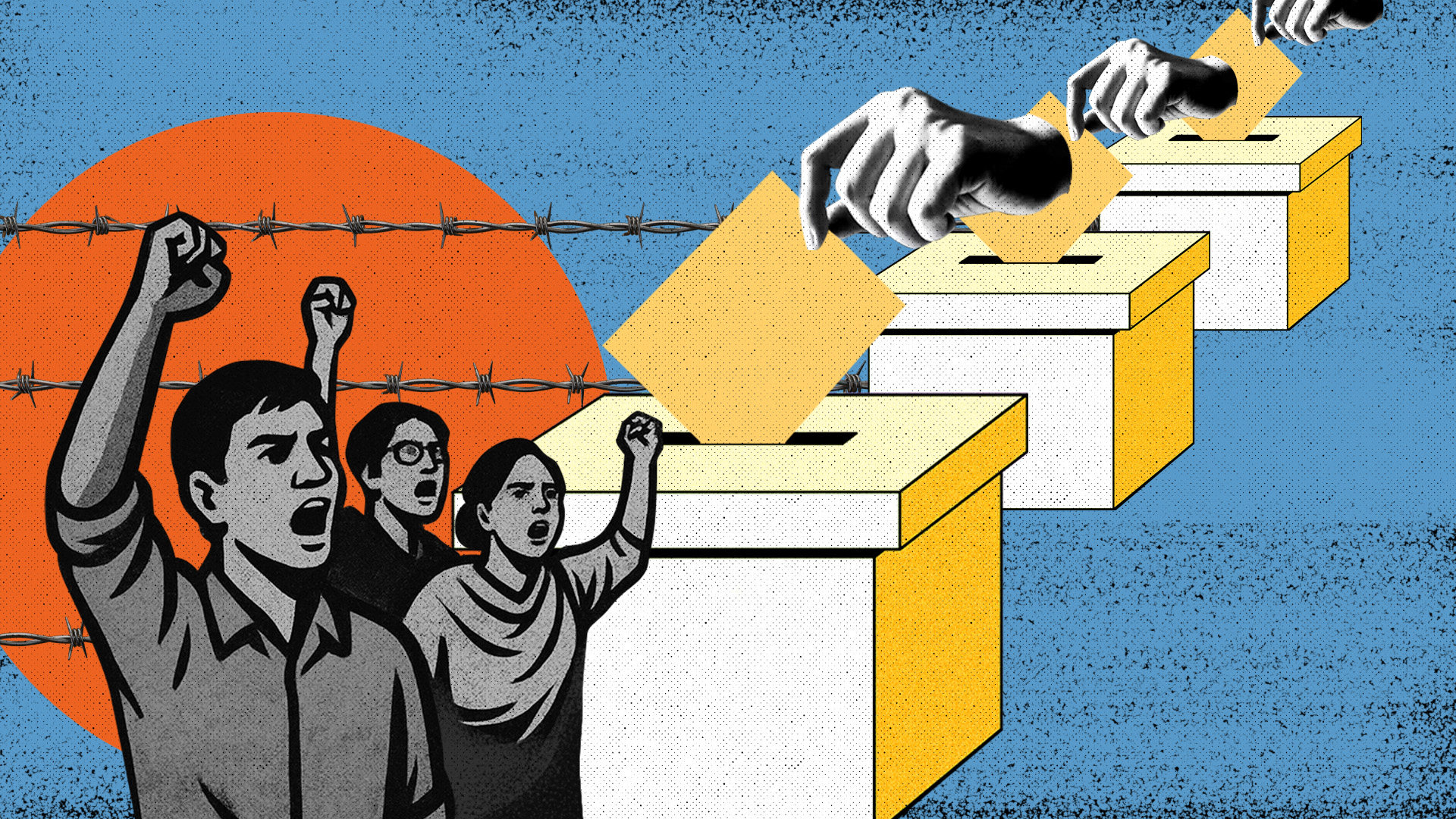How to elevate Bangladesh’s public universities in global rankings

For years, I have observed ongoing debates on strategies to improve the global ranking of Bangladesh's public universities. This is indeed a positive sign, as we have been making sincere efforts to accelerate the process of achieving higher scores in various categories set by global ranking platforms such as the Times Higher Education (THE) and QS Rankings.
While reviewing strategies to improve public university rankings, I have closely observed many leading universities, where I have also served as a visiting professor. Several Asian universities are engaged in healthy competition to rank among the world's top twenty universities according to global ranking indicators.
For Bangladesh's public universities to be among the globally recognised and prestigious institutions, a strategic plan is essential. What we need is a timely and practical framework. Below, I present a concise framework for the consideration of the highest authorities of public universities.
Each department of a public university should strive to enrol at least five international students each academic year. The admission process must be entirely independent, conducted online from application to final admission. All procedures should be carried out under the supervision of the pro-vice-chancellor (Education). Before admission, widespread dissemination of admission notices is necessary, along with communication with universities across South Asia, East Asia, the Far East, and the Middle East. Additionally, through coordination with the Ministry of Foreign Affairs, the university may arrange admission fairs via Bangladesh's embassies and high commissions abroad, when necessary.
To institutionalise this process, a separate office may be established, which, in coordination with respective departments, will deal with the online selection process and finalise admissions. To accommodate international students, a specific block in residential halls or an entire hall may be designated.
Public universities must develop their own fund management systems and strengthen their reserves. Funding is required to encourage research. A collaborative model with industry should be adopted. Industrial leaders, including those from EPZs, can be invited and briefed on funding opportunities. On occasions such as university anniversaries or other special days, they can be honoured and given recognition, which would encourage them to contribute to research funding.
The fund should be allocated for Master's thesis, MPhil, and PhD researchers, with an honorarium for supervisors to enhance the quality of research. To ensure merit-based distribution of research grants, a committee should be formed under the leadership of the treasurer, comprising all deans and directors of the faculties and institutions. Within each faculty, a committee headed by the dean should propose names of researchers and supervisors for grant selection. At the end of the year, each faculty should publish an edited volume that compiles its research outputs. This will foster an environment that promotes undergraduate research and healthy competition.
Each public university must also establish its own publishing house to publish the best research papers. A portion of funding should be allocated for this purpose. The press should be overseen by a committee of distinguished professors.
Every department and institute should host at least one internationally recognised scholar annually for a period of one to three months as a visiting professor or scholar. Most of our respected faculty members have some association with foreign universities or research institutions, and they can facilitate these engagements. Invited scholars should be accommodated at the university's guest houses. Their expenses can be partially covered by industry collaboration funds and partially by external funding mobilised by the departments and institutes, often through the support of distinguished alumni.
Each department and institute should also organise at least one international conference annually and publish a book as the outcome. This will significantly improve university rankings. Departments and institutes should take the initiative to secure funding, again drawing on support from distinguished alumni.
The implementation of the above-mentioned model has now become imperative for Bangladesh's public universities. While older, established universities have already made progress in this direction, newer universities may find it more challenging. Moreover, it is difficult for the central administration alone to execute such a model. Therefore, collective efforts are required to achieve excellence in teaching and research. The corporate sector must come forward with a positive mindset to support research at public universities.
I strongly believe that through public diplomacy, global educational partnerships must be built. To achieve this, distinguished faculty members must be engaged in every research initiative. Seminars on higher education, led by faculty with experience in both teaching and research at home and abroad, should be organised. This will inspire students to become more research-oriented and facilitate the smoother implementation of the model. Ultimately, excellence in higher education will be achieved, leading to a substantial rise in the global ranking of Bangladesh's public universities.
Dr Mohammad Tarikul Islam is professor at the Department of Government and Politics, Jahangirnagar University. He is a member of the Local Government Reform Commission.
Views expressed in this article are the author's own.
Follow The Daily Star Opinion on Facebook for the latest opinions, commentaries and analyses by experts and professionals. To contribute your article or letter to The Daily Star Opinion, see our guidelines for submission.




 For all latest news, follow The Daily Star's Google News channel.
For all latest news, follow The Daily Star's Google News channel. 

Comments